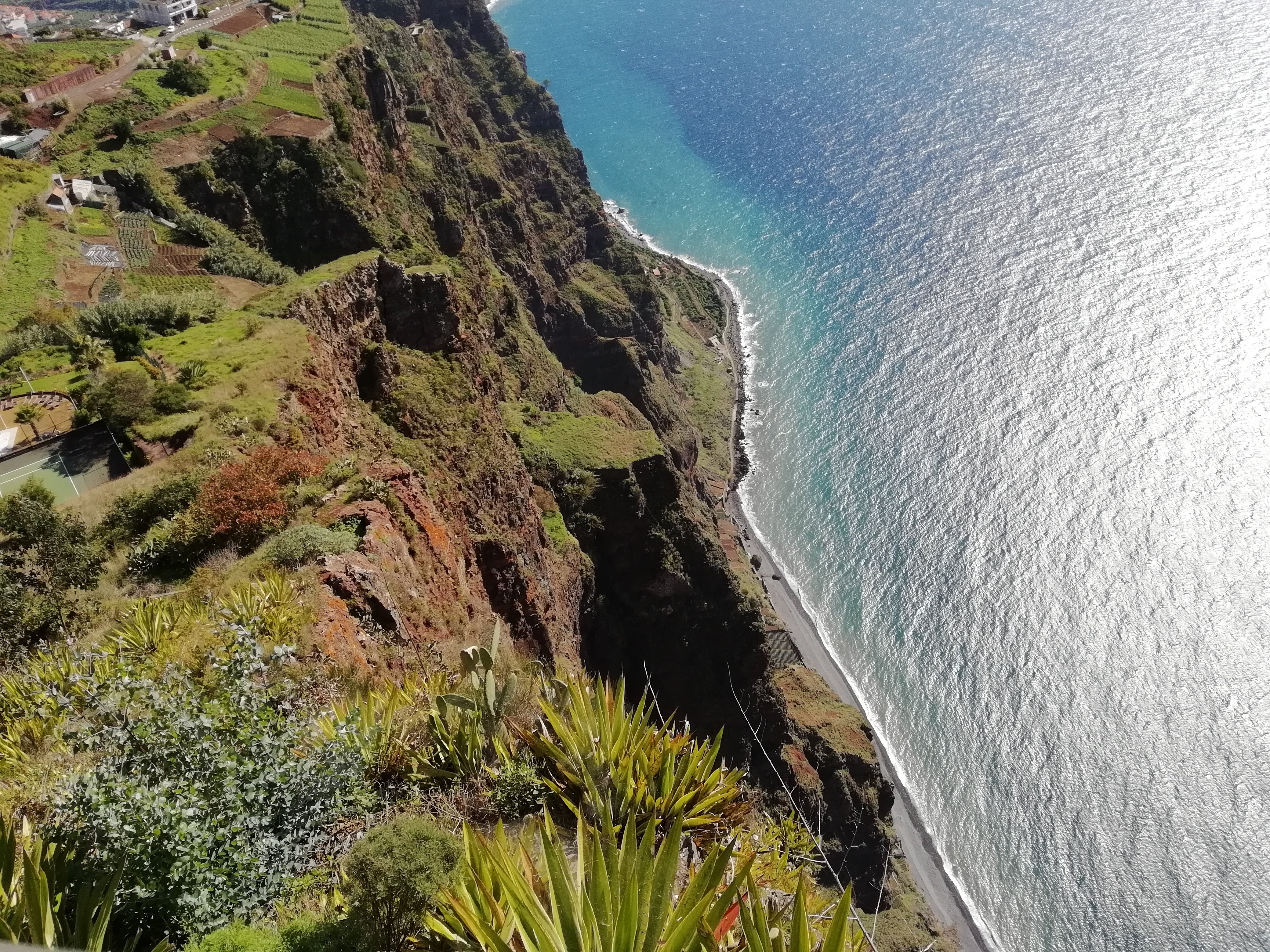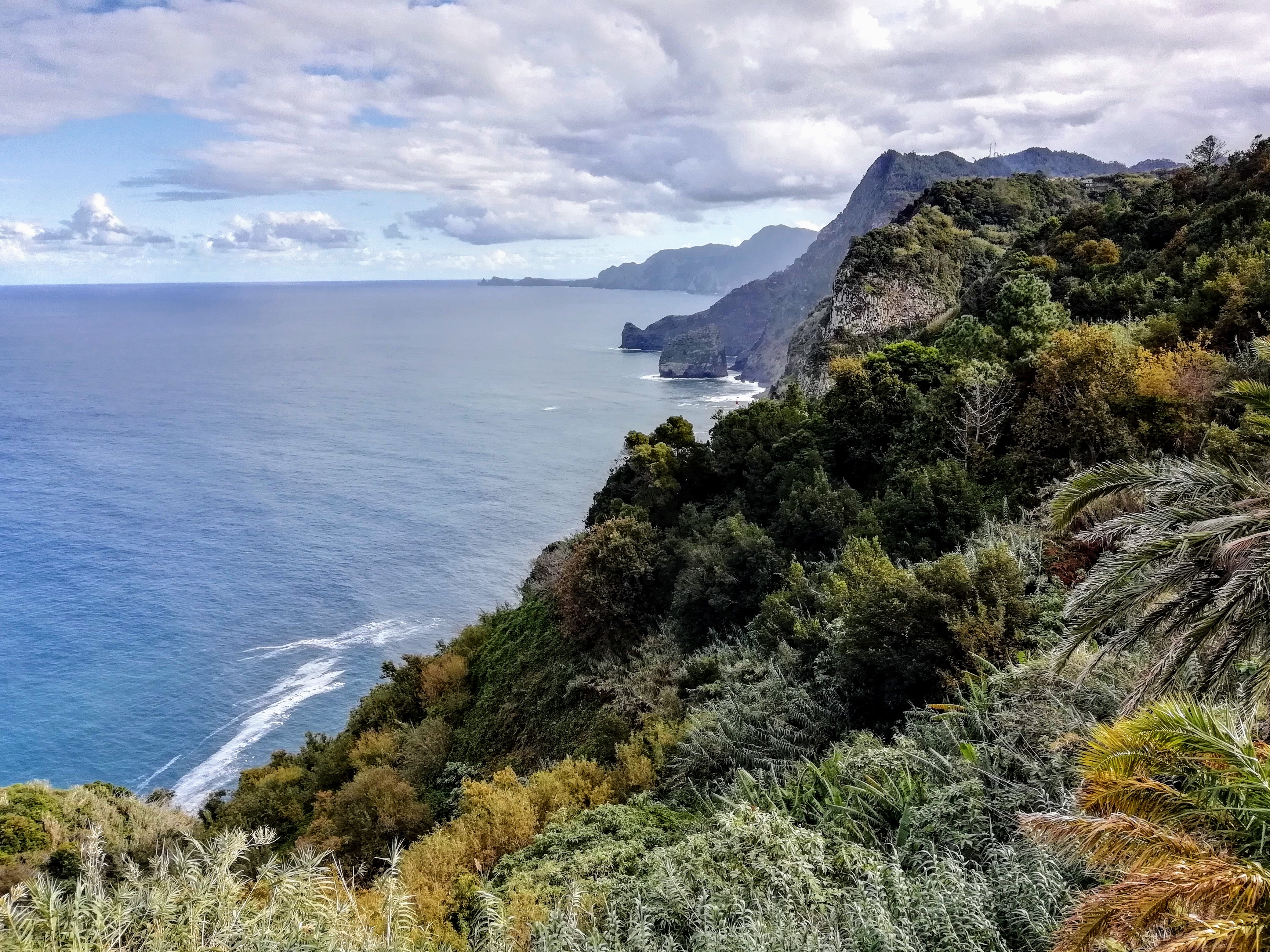I have seen the sun break through
to illuminate a small field
for a while, and gone my way
and forgotten it. But that was the pearl
of great price, the one field that had
the treasure in it. I realize now
that I must give up all that I have
to possess it. Life is not hurrying
on to a receding future, nor hankering after
an imagined past. It is the turning
aside like Moses to the miracle
of the lit bush, to a brightness
that seemed as transitory as your youth
once, but is the eternity that awaits you.
RS Thomas, ‘The Bright Field’, in Collected Poems, 1945–1990
These are dark times, with the prospect of constitutional crisis, economic unrest, and of leaving the EU without a working exit agreement looming over us like dark cloud-shadows. And things are no better, it seems, for our old allies in the US.
Writing of Christian mindfulness in the context of pilgrimage – a discipline in which she recommends the Jesus Prayer, by the way – Sally Welch writes:
Mindfulness is not a fair-weather method of meditation, of making space to encounter God; nor are we taught that to ignore suffering or evil makes it go away. We are told to face up to it, to acknowledge its existence, but then to put it from us, ‘for it is from within, from the human heart, that evil intentions come’ (Mark 7.21)…
Nor must we use any past experiences to project frightful outcomes, but must simply call upon God to support us. ‘You have given me the shield of salvation, and your right hand has supported me; your help has made me great,’ says Psalm 18.35. G.M. Hopkins, that master of descriptive beauty, echoes this truth in his reminder that ‘all things counter, original, spare, strange’ can teach us God’s grace; that they were created by him to shine forth with his beauty, strange though it may seem to us. So, too, our times of suffering are not undertaken alone but in the company of Christ who can redeem all things.
When I read that last sentence, it was as though a door opened for me – of course! This was the experience I have had over and over again in the most difficult times of my life: “Even though I walk through the darkest valley, I fear no evil, for you are with …” (Psalm 23) For me, the simple recitation of the Jesus Prayer – Lord Jesus Christ, Son of God, have mercy on me, a sinner – has been enough to keep the eyes of my heart open to his presence.
In this way, suffering, and the fear of suffering, become Eucharistic. The presence of Christ is not confined to the sacrament, surely; and he is with us in suffering through the Cross. As Jane Williams writes:
‘Glory’ is found in relating, in the unbreakable witness of Son, Father, and Spirit to the reality that everything flows from love.This is too simple to be credible. It is so simple that it becomes obscure and baffling. Even more baffling is John’s insistence that the Cross is the most obvious and visible manifestation of Jesus’ power. John 3.14, 8.28 and 12.32 all speak of Jesus being ‘lifted up’. ‘exalted’, on the Cross, and in each case this enigmatic statement comes in the context of a statement or discussion about the relationship between Father and Son. Indeed, John 3.14 is followed by the famous: ‘For God so loved the world that he gave his only Son’ (John 3.16). Somehow, the Cross is the power of the merciful humility of God, hidden in plain sight. Here, if only we could see it, is the origin of the universe, in the unbreakable love of the Father and the Son.
But our word ‘Eucharist’ comes from the Greek for thanksgiving (“taking bread, he gave you thanks…”) and thanksgiving – and this is very strange – is all caught up in suffering. We can see it beginning to appear in Psalm 119.71-75:
It was good for me to be afflicted
so that I might learn your decrees.
The law from your mouth is more precious to me
than thousands of pieces of silver and gold…
Your hands made me and formed me;
give me understanding to learn your commands.
May those who fear you rejoice when they see me,
for I have put my hope in your word.
I know, Lord, that your laws are righteous,
and that in faithfulness you have afflicted me…
Its clarification, as it were, though, is in Paul’s letters. Romans 8.17: “Now if we are children, then we are heirs – heirs of God and co-heirs with Christ, if indeed we share in his sufferings in order that we may also share in his glory”; 2 Corinthians 1.5: “For just as we share abundantly in the sufferings of Christ, so also our comfort abounds through Christ”; and sealed together with the words I keep coming back to, from Romans 8.28, “And we know that in all things God works for the good of those who love him, who have been called according to his purpose.”
We are not alone under the leaden skies of January – and above, as it always does, the sunlight strikes silver from the upper surface of the thickest clouds. This is no sentimental silver lining. The cold rain is still as cold, and the shadows as dense; but they are not the end of the story – far from it.
[Also published on The Mercy Blog]



